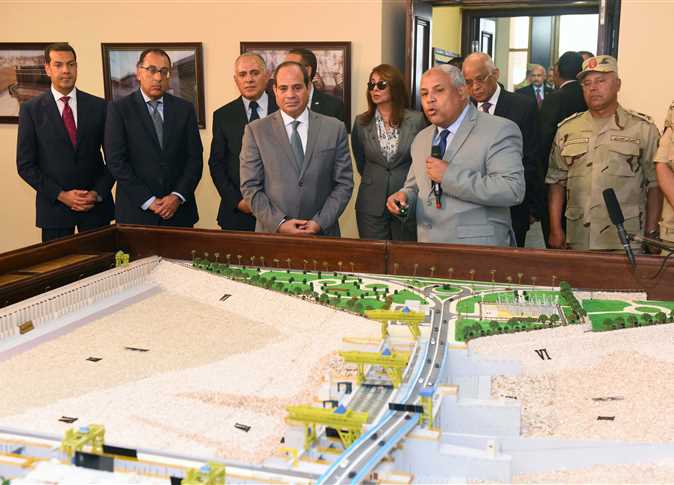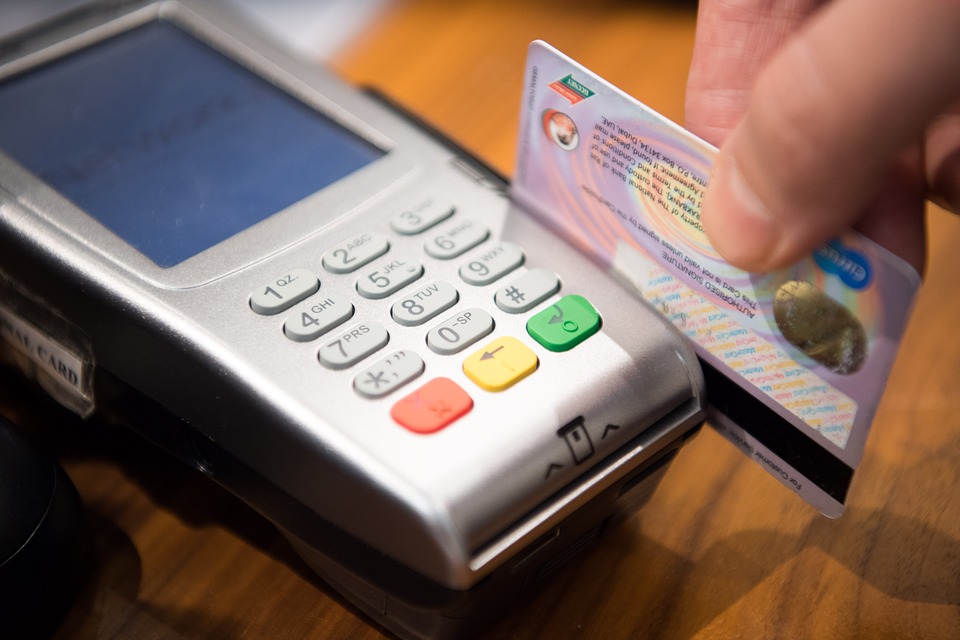
Egypt’s financial performance indicators from July to March in current fiscal year 2020-2021 saw an unprecedented improvement as a result of economic/financial policies and reforms pursued by the government recording an initial surplus of LE25 billion despite COVID-19 repercussions, Finance Minister Mohamed Maait announced.
He explained that the government provided the required funding to support the sectors and groups most affected, met the needs of the health sector to confront the pandemic, greatly increased government investments, met the needs of budget agencies, and paid the dues of the Insurance and Pensions Fund with the state treasury.
In a Tuesday statement, the minister said that the the annual growth rate of revenues rose by 14.6 percent despite the continuing negative repercussions of the pandemic on the economy.
Meanwhile, the annual growth rate of expenditures reached 11.2 percent in light of the significant increase in government investment allocations to accelerate the implementation of many national projects, improve infrastructure, provide adequate allocations for social protection programs, pay all the state treasury dues for the pension fund, and increase spending on the health and education sectors.
The minister added that the total tax revenues increased by about 13.5 percent compared to the same period of the last fiscal year, which translated into great efforts to strengthen the governance of the tax administration system by moving forward with projects to develop and automate tax procedures.
Non-sovereign tax revenues increased by about LE43.1 billion, or 10.4 percent, and sovereign tax revenues increased by about LE20.6 billion, or annual growth rate of 33 percent, Maait said, referring to an increase in the wages and workers compensation bill by about 9.6 percent compared to the same period in the previous fiscal year.
And he explained that from July to March, a total of LE132.5 billion was transferred from the state treasury to the Insurance and Pensions Fund, and LE388.5 billion was spent on social protection programs at an annual growth rate of 17.1 percent.
He added that around LE45.7 billion was disbursed to support food commodities, at an annual growth rate of 23.8 percent, and LE12.9 billion for social security pensions and the Takaful and Karama initiative at an annual growth rate of 7.3 percent .
Total financial allocations directed to government investments increased by 45 percent to LE 163.7 billion, as investments financed by the state treasury rose to about LE115 billion, an increase of 29 percent, compared to the same period of the previous year.
The Finance Ministry has provided additional financing of LE31 billion for the investment plans of a number of government agencies for the current fiscal year, in a manner that guarantees the implementation of the targeted national projects.
Thus, the implemented government investments, whose burdens were borne by the Ministry of Finance, amounted to about LE194.7 billion at an annual growth rate, while the total spending on the health sector during the past nine months amounted to LE68.3 billion and the total spending on education to LE113.2 billion.
Maait emphasized the continuation of the Ministry of Finance’s efforts to extend the lifespan of the debt, which was 3.2 years in June 2020 instead of 1.3 years in June 2013, and about 1.8 years in June 2014.
It is targeted to reach between 3.8 and 3.6 years, at the end of June 2021, he added.




